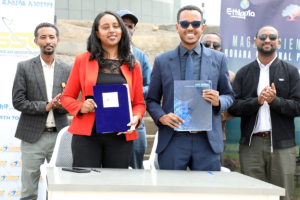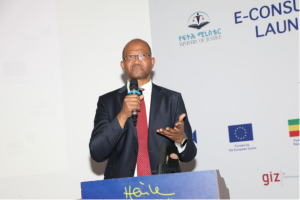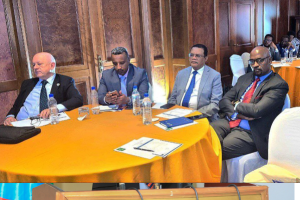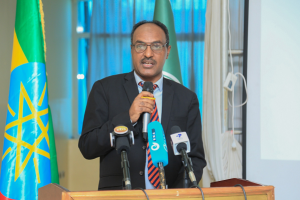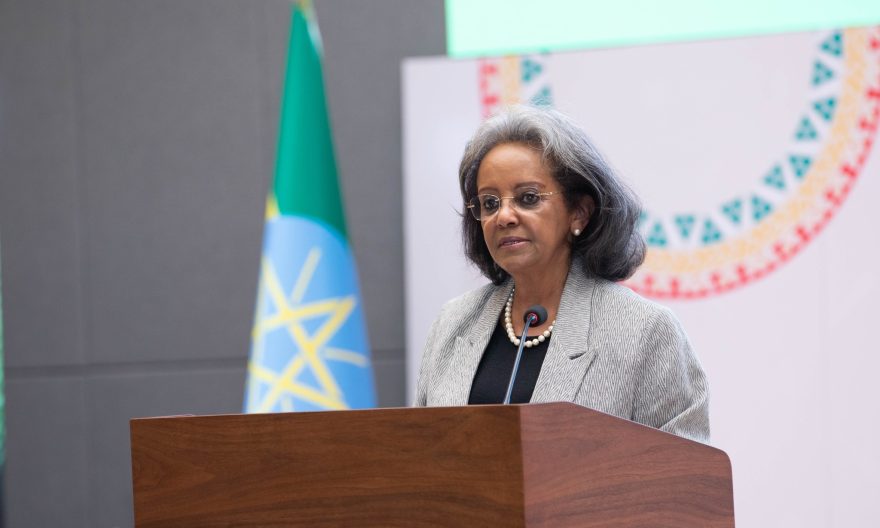
- Bureau adds 14 special needs education support centers
ADDIS ABABA-Educating and helping citizens with Down syndrome is crucial for fostering a brighter future for Ethiopia, President Sahlework Zewde said, calling for stakeholders’ active involvement.
The President made the above remark while attending the marking of the International Day of Down Syndrome by the Debora Foundation recently.
Speaking at the occasion, Sahlework stated that educating and helping citizens with Down syndrome is a way to build Ethiopia’s a rosy future. “If we support citizens with Down syndrome, their mental development and give them the opportunity, they can be the asset for Ethiopia’s better tomorrow.”
She added, “We should do our level best to help children with Down syndrome and make efforts as much as we can to keep their mental development.”
The UN’s recent report indicated that the estimated incidence of Down syndrome is between one in 1,000 to one in 1,100 live births worldwide. Each year, approximately 3,000 to 5,000 children are born with this chromosome disorder.
In the related development, the Addis Ababa Education Bureau has established 14 support centers to improve special needs education and make the service more accessible in the capital.
Bureau’s Special Needs Inclusive Education and Regular Education Director Daniel Asrat told the Ethiopia Press Agency (EPA) that consolidated efforts are underway to make special needs education accessible in the capital. Earlier there were 72 support centers in the city and now 14 centers have been built and put into service.
Schools will receive resources and training to support special needs students aiming for inclusive and formal education.
According to him, by spending 1.8 billion Birr, the resources that are needed by all special needs students are being met. Accordingly, it is managed to provide braille paper for the blind, hearing head for the hearing impaired students, and wheelchairs and crutches have been provided to mobility impaired students.
The director further mentioned that one of the obstacles to making special needs education accessible in a proper way is a lack of accountability. “To solve this challenge, it is crucial to make special needs education inclusive, independent and to be managed by experts.”
Noting the provision of resources to private schools that have been offering special needs education, Daniel indicated that consolidated efforts are carried out to help students achieve good results in their studies. “Also, during exams, we have given extra time to students with special needs depending on the nature of their disability.”
BY ESSEYE MENGISTE
THE ETHIOPIAN HERALD TUESDAY 26 MARCH 2024


